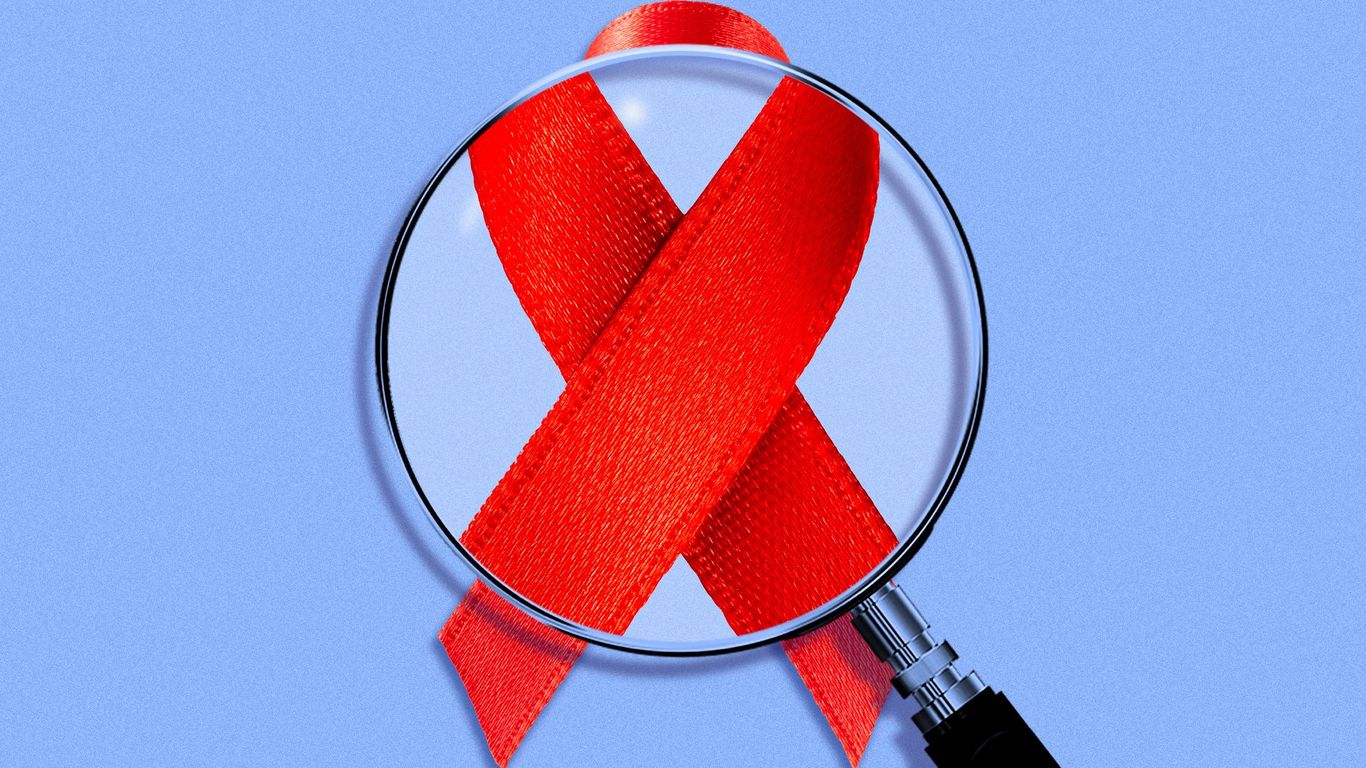
A German man's HIV has likely been cured after undergoing a stem cell transplant in a first-of-its-kind case, scientists announced recently ahead of the next International AIDS Conference in Munich, Germany.

The patient is now considered in remission from acute myelogenous leukemia (AML), and in another two years, he could be considered 'cured' of HIV, as that will mark five years from his last treatment.

A high-risk stem cell transplant has rid a middle-aged man of any signs of the human immunodeficiency virus (HIV) more than nine years after treatment.

One case involved a man with cancer who underwent a specialized stem cell transplant; the other involved a woman who received immune-boosting therapies as part of a clinical trial.

A 30-year-old woman from the city of Esperanza, Argentina - the so-called Esperanza Patient - appears to be the second person whose immune system cleared the HIV-1 virus without antiretroviral therapy.

Both patients were treated with stem cell transplants from donors carrying a genetic mutation that prevents expression of an HIV receptor CCR5, the most commonly used receptor by HIV-1.

A new study has produced an antibody that's able to kill off 99 percent of HIV strains. It is said to be more effective than any naturally occurring antibody that's been discovered.

Scientists have demonstrated that HIV-1 replication can be completely shut down and the virus eliminated from infected cells in animals with a powerful gene editing technology.

Researchers from Cambridge, Oxford, and three other London universities may have found a cure for HIV, and a 44-year-old British man may be cured.